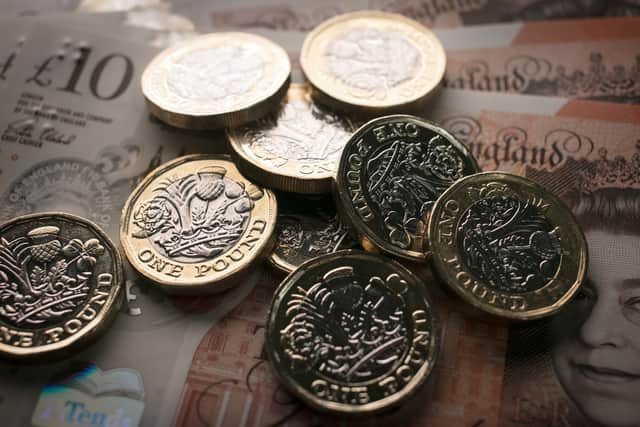Six major money changes coming in February including passport price rise and Universal Credit rule change
and live on Freeview channel 276
As the cost of living crisis continues to tighten its grip around the UK, more and more of us are keeping an extra eye on our finances in order to make it to the next paycheck. As we enter the second month of the year, some changes are coming into place that could have an impact on your wallet.
Changes to Universal Credit rules are set to roll out this month, as well as the next Ofgem energy price cap announcement. We are also expecting new interest and inflation rates to be announced as well as an increase in passport fees.
Advertisement
Hide AdAdvertisement
Hide AdThe current energy price cap sees the average household paying £2,500 a year. A new cap, predicted to be around £3000, will be announced later this month, creating a deeper hole in people’s pockets.
To help Brits keep track of what is changing this month, we have listed the money changes coming into effect in February 2023.
February 2: Passport fees increasing
The first price change to come into effect in February are passport fees, which are set to rise around 9%. The price for renewing to getting a new passport will increase from £75.50 to £82.50, and from £49 to £53.50 for children’s passports.
February 2: Interest rates announcement
On Thursday February 2, the Bank of England will announce whether interest rates will rise again. The central bank increased the base rate on December 15 from 3% to 3.5%, the highest in fourteen years.


February 10: GDP figures revealed
Advertisement
Hide AdAdvertisement
Hide AdOn February 10, the Office for National Statistics (ONS) will reveal the latest gross domestic product (GDP) figures. The GDP grew unexpectedly by 0.1% in the month to November, after having decreased by 0.3% in September to November.
February 15: Inflation rates
On February 15, the Office for National Statistics (ONS) will reveal the inflation rate for the next year. Inflation reached a 41-year high last year at 11.1%, but has since decreased slightly to its current 10.5%.
February 26: Changes to Universal Credit rules
People claiming Universal Credit will see some rule changes on February 26. The current rule says anyone working 12 hours a week at the National Living Wage is not required to visit a JobCentre on a regular basis. The new rules see the threshold increased to 15 hours, or 24 for couples.
February 27: New Ofgem price cap announcement
Probably among the most harrowing announcements we have had to get used to over the last year, Ofgem is announcing the new energy price cap. Currently, the cap is at £2,500 a year for the average household - this is predicted to increase to £3000 in April.
Comment Guidelines
National World encourages reader discussion on our stories. User feedback, insights and back-and-forth exchanges add a rich layer of context to reporting. Please review our Community Guidelines before commenting.
